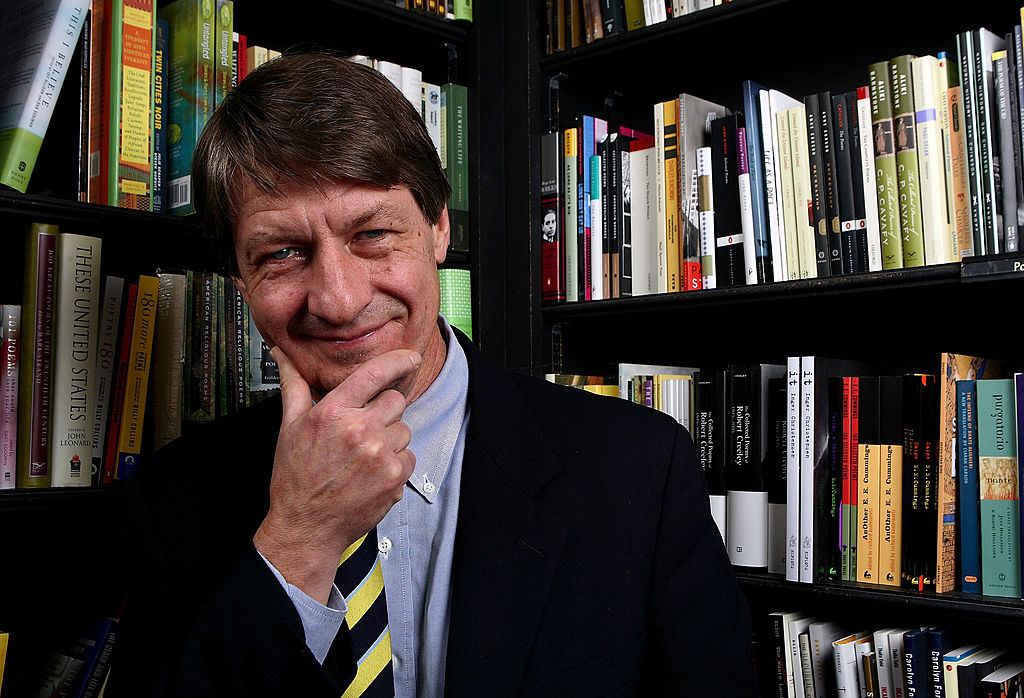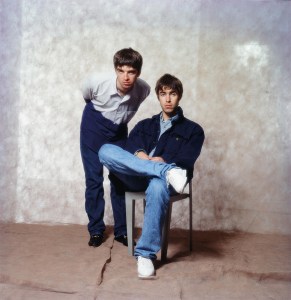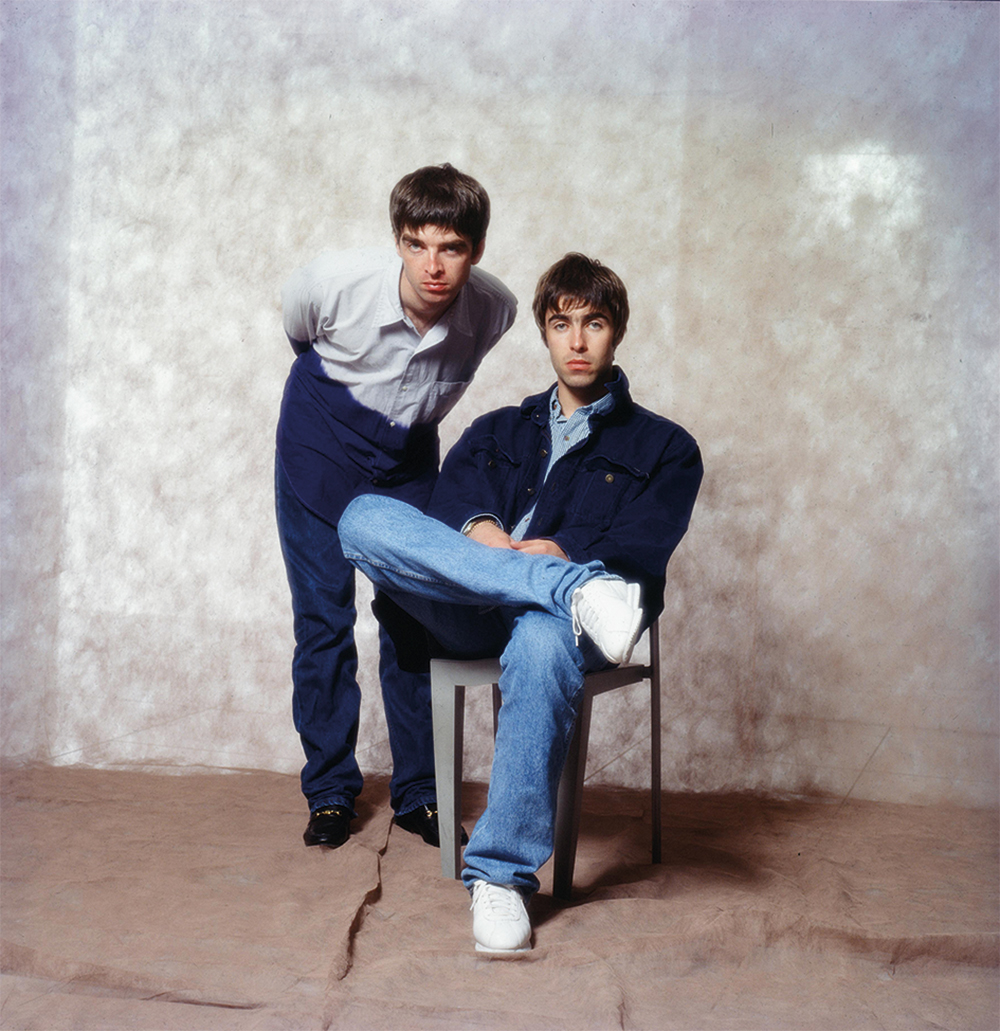The satirist and journalist P.J. O’Rourke has died of complications from lung cancer. He was seventy-four. We all know he was a talented writer, but he was also apparently unfailingly kind and generous. In the New York Post, John Podhoretz writes:
P.J. O’Rourke . . . once hosted a small New Year’s party at his apartment in Washington. The year was 1990. He’d just returned from Germany, where he had covered the fall of the Berlin Wall.
I expressed my sorrow that I hadn’t been there to see it. He went into his bedroom and returned with a small tin of mints. He’d emptied it — and he’d put a shard of the wall he’d pickaxed himself with his own hands inside it. “Happy New Year,” he said.
That was P.J. Though he and I liked each other, we weren’t intimates. And yet he gave me something of inestimable value just because he could.
Joseph Bottum writes about O’Rourke’s “whiskey-soaked conservatism, with a splash of libertarian soda” in the Washington Free Beacon and shares a few of his favorite O’Rourke zingers. Here are a few:
If you are young and you drink a great deal it will spoil your health, slow your mind, make you fat — in other words, turn you into an adult.
The 1960s was an era of big thoughts. And yet, amazingly, each of these thoughts could fit on a T-shirt.
Term limits aren’t enough. We need jail.
Bottum continues:
A typical P.J. O’Rourke passage starts with a comic, sometimes shaggy-dog set-up. It often shows a little wanderlust, tracing a few steps out the paths of its extravagant metaphors, which worked for him (if not for other writers) because he wrote such fast-moving prose. But the passage usually returns to snap closed with a zinger, hence the many entries we could put in An O’Rourke Chrestomathy. Except, often enough, that wasn’t actually the end of the paragraph. The prose would tumble on a sentence or a clause past the quotable bit. P.J. O’Rourke was always pulling us on as readers, zipping past the zingers into the set-up for the next bit.
Teresa Mull writes in The Spectator World that “The charms of O’Rourke’s writing are many and obvious to anyone who’s ever read him. What I think really set him apart, though, was his masterful ability to tease everyone — himself included. Even while depicting himself as a sort of aging fuddy-duddy who didn’t relate to ‘the kids,’ it’s clear he understood people — all people — how they work and what they want.”
Richard Brookhiser shares this zinger on Twitter.
O’Rourke was responsible for the National Lampoon 1964 High School Yearbook Parody (you can read it here), and one of his more famous pieces was “Fellow Travelers” — retitled “Ship of Fools” in his book Republican Party Reptile—for Harper’s. Some recent pieces worth reading are “Russian History Is on Our Side: Putin Will Surely Screw Himself” for the Daily Beast and “This Is Why Millennials Adore Socialism” for the New York Post, where he writes:
As soon as children discover that the world isn’t nice, they want to make it nicer. And wouldn’t a world where everybody shares everything be nice? Aw … kids are so tender-hearted.
But kids are broke — so they want to make the world nicer with your money. And kids don’t have much control over things — so they want to make the world nicer through your effort. And kids are very busy being young — so it’s your time that has to be spent making the world nicer. For them. The greedy little bastards.
May he rest in peace.
In other news
San Francisco school board members who wanted to change the names of schools in the district have been recalled: “San Francisco voters have recalled three school board members who spurred a parental backlash for pursuing the renaming of schools and other progressive policy changes as classrooms remained empty during the coronavirus pandemic. Initial returns Tuesday night showed that voters overwhelmingly voted “yes” to recall Alison Collins, Gabriela López and Faauuga Moliga, three of the board’s seven members — 79 percent voted to remove Collins, 75 percent to remove Lopez and 73 percent to remove Moliga.”
Anne F. Hyde writes about marriage and the fur trade around the Great Lakes in the eighteenth century:
A dense human network evolved to hunt, kill, package, ship, and make clothing from millions of beavers, martens, and minks. Brave or desperate young men left home to live among Native American people who didn’t speak French or English. They left from docks along the St. Lawrence or from Hudson’s Bay in small canoes filled with Crees, Ojibwes, or Hurons. From the moment they arrived at Hudson’s Bay, where large Cree settlements encircled the trading posts, or at the edge of Lake Ontario, where Ojibwe and Odawa villages lined the shore, European men entered a new world. Native people knew that landscape like they knew their own skins, and the fur trade made that knowledge valuable. A young Hudson’s Bay Company officer admitted that “we would have starved if we did not send out those Indians that keep constant attendance to shoot geese and hares.” The mixed-descent families made in a Native world were a key component of the global fur trade. Every winter produced a harvest of furs, new relationships, and babies. Every spring European men filled their canoes with furs and hides, dried and pressed into ninety-pound packs. Their local partners loaded household goods and children to move to summer villages, now located near trading depots like Michilimackinac, where Lakes Huron and Michigan come together. In 1763 a British census estimated that more than fifty thousand Native people lived by hunting and growing crops around the Great Lakes. That population overwhelmed the perhaps two thousand European men who lived among them.
Roger Scruton was “regularly unfairly maligned by the Left,” but was he “baselessly overpraised by the Right”? Gustav Jönsson thinks so: “One of Scruton’s shortcomings, both as an essayist and thinker, was that he never said anything unexpected. He was the kind of man whose political views were evident just by the way he dressed. Indeed, perhaps the most surprising thing about him was that he liked Metallica. He seems to have tried, successfully, to become the perfect cliche of the fusty conservative intellectual. I never read a book of his whose main premises I could not guess already before I picked it up. And yet, Scruton’s predictability does not entail that he is unpleasant to read.”
Joseph M. Keegin takes stock of Fred Moten and Stefano Harney’s The Undercommons: Fugitive Planning and Black Study:
Moten’s ongoing project is an effort to develop an “aesthetics of the black radical tradition” by drawing on pop culture and the vernacular of black life as well as left-wing revolutionary thought and high academic critical theory. But he is perhaps best known for The Undercommons, a polemic against the neoliberal university and in support of the unauthorized vernacular intellectual work that takes place on its margins, co-written with European Graduate School professor (and Harvard classmate) Stefano Harney. As the story goes, the book became an underground classic by being shared around faculty lounges and beneath grad school seminar tables, a kind of twenty-first-century American samizdat. At the heart of its critique is the idea of “fugitivity,” a term borrowed from professors Stephen Best and Saidiya Hartman. To exist in fugitivity is to be unsettled, unmoored, cut adrift—to pass quietly from port to metaphorical port out of sight of sovereign actors who might wish your internment, or worse. It is to conspire by lamplight with fellow outlaws and thieves, to share a bunk with exiles and mutineers, to form a loose society of solidarity with rogues and runaways who move in the darkened corners of the world. And in their existence on the fringes of traditional channels of power and authority, denied the protections of law and public morality, fugitives must write the maxims they live by as they go. Like jazz musicians, freestyle rappers, and critical theorists, they must improvise.
Elon Musk is a gamer, and video games, Jimmy Soni argues, are the key to understanding his approach to technology and business:
Young Musk was no casual weekend gamer. His earliest commercial success came in 1984, when, at the age of twelve, he wrote and sold the code for a game called Blastar for $500 to the magazine PC and Office Technology. “In this game you have to destroy an alien space freighter,” the listing noted, “which is carrying deadly Hydrogen Bombs and Status Beam Machines. This game makes good use of sprites and animation, and in this sense makes the listing worth reading.” “E.R. Musk” published the game’s dozens of lines of code for the Commodore Vic 20 platform, a Spectravideo home computer whose eight-bit model had debuted the year prior. Musk and his younger brother, Kimbal, planned to open a video-game arcade close to their school, but their need for a city permit ultimately reportedly put a pin in the plan.

























